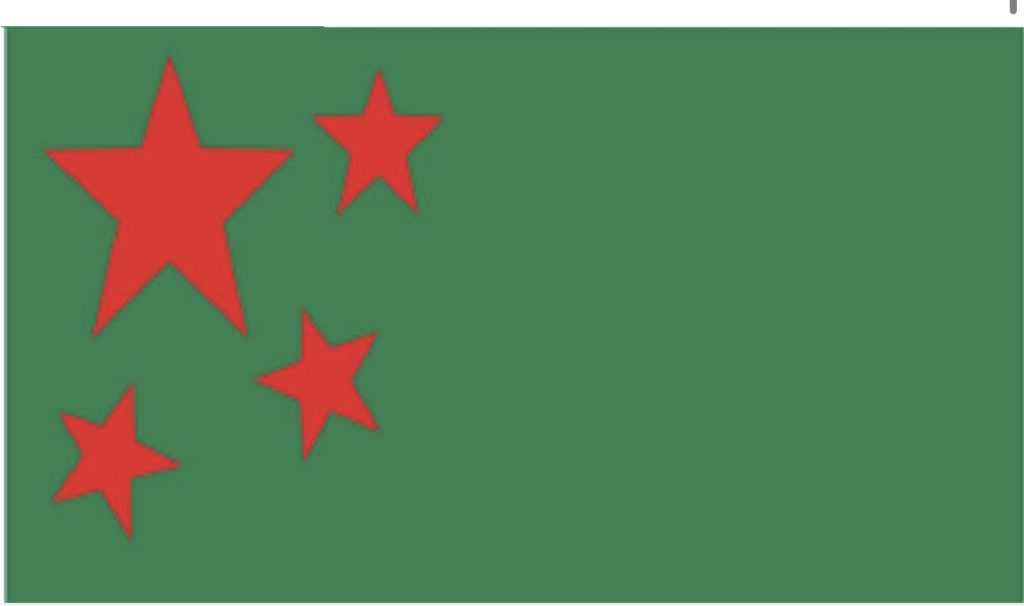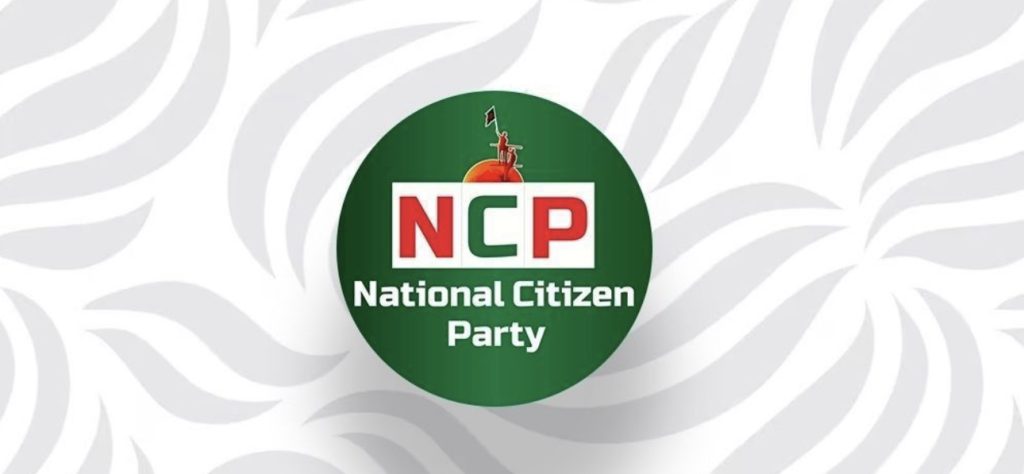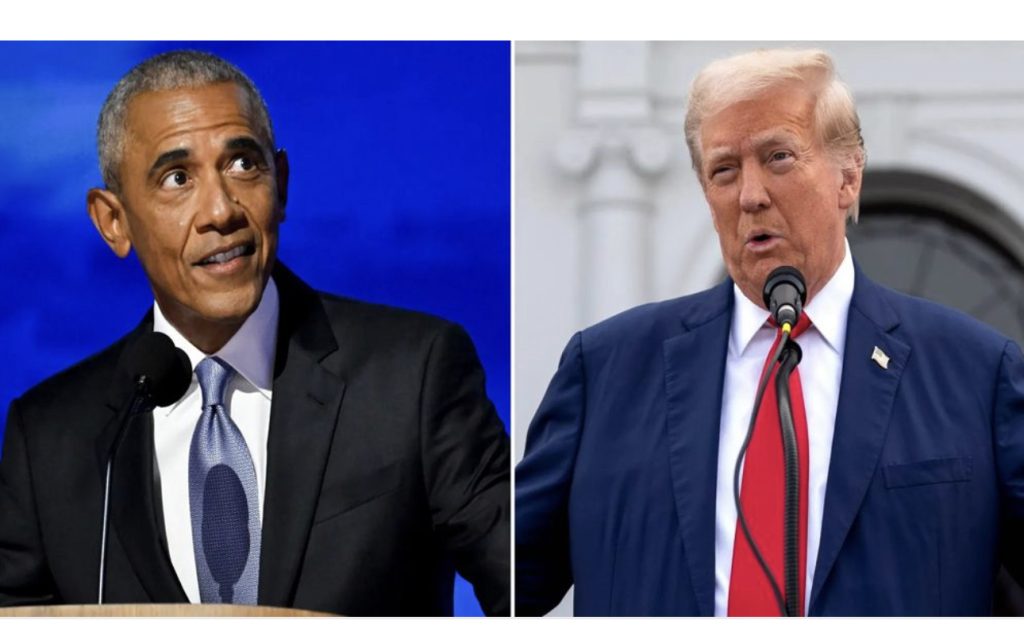BNP and Jamaat in Open Conflict Over Referendum and July Charter Implementation
Open conflict has erupted between the Bangladesh Nationalist Party (BNP) and Jamaat-e-Islami (Jamaat) regarding the timeline for the national referendum and the implementation of the July National Charter. Senior leaders from both parties are publicly targeting each other with sharp criticism, leveling various accusations. In several parts of the country, grassroots activists and supporters of the two parties have clashed over electoral showmanship and dominance.
Escalating Tensions and Violence
Between January and September of this year, the highest number of clashes involving the BNP—after those with the Awami League—were with Jamaat. These incidents resulted in casualties and injuries. On social media, workers and supporters of both parties are engaged in relentless negative campaigns and debates over various issues.
According to data from the Ain o Salish Kendra (ASK), there were 20 reported clashes between Jamaat and BNP from January to September of this year, resulting in three deaths and at least 216 injuries to activists from both sides. During the same period, 30 clashes occurred between the Awami League and the BNP, resulting in eight deaths and at least 412 injuries.
Analyst’s Perspective: A New Power Struggle
Professor Mohammad Ainul Islam of the Political Science Department at Dhaka University told Jugantor:
“In the absence of the Awami League, three major parties are undergoing a new political re-configuration in Bangladesh. The transformation of Bangladesh’s politics is happening anew. In this transformation, it is evident that the BNP wants to come to power, and so does Jamaat.”
“The old calculation—where Jamaat and BNP teamed up to fight a big external party—no longer exists. Consequently, a new internal power competition has begun here.”
He warned that the nature of violence and the involved parties are now changing post-July. He advised political parties to behave responsibly, noting that if the question is purely about political power, the level of violence could escalate, leading to two-way or three-way conflicts due to the clear lack of mutual trust.
Public Criticism by Party Leaders
The current rift is now evident in public speeches:
• BNP’s Hafizuddin Ahmed: At an event on Saturday, he warned, “A religion-based political party is engaging in various conspiracies surrounding the election, driven by the lure of power today. Any conspiracy against the spirit of the Liberation War will be resisted.”
• BNP’s Syed Moazzem Hossain Alal: He called for Jamaat to be banned for its involvement in crimes against humanity in 1971. He also alleged that many top Jamaat leaders were previously linked to Jasad and other ‘throat-slitting parties,’ and that many Shibir members who had emerged from the Chhatra League after August 5th are now claiming to have been working openly.
• Jamaat’s Dr. Syed Abdullah Mohammad Taher: At an event in Cumilla on Friday, he criticized the BNP: “After a long process wasting the time of so many political parties, just as everyone reached an understanding, the BNP is opposing reform. I consider this a sign of the BNP’s irresponsibility. The BNP is deliberately attempting to create a political crisis in the country.”
Historical Context
The relationship between the two parties loosened in 2022 with the breakup of the 20-Party Alliance. While they subsequently worked somewhat closely in anti-fascist movements, the conflict first emerged over the term limit of the Interim Government, and later intensified over constitutional reform, the election, and the Proportional Representation (PR) system.
The two parties were long-time allies, forming the four-party alliance in 1999, which came to power in the 2001 election. This alliance later expanded into the 20-Party Alliance.




